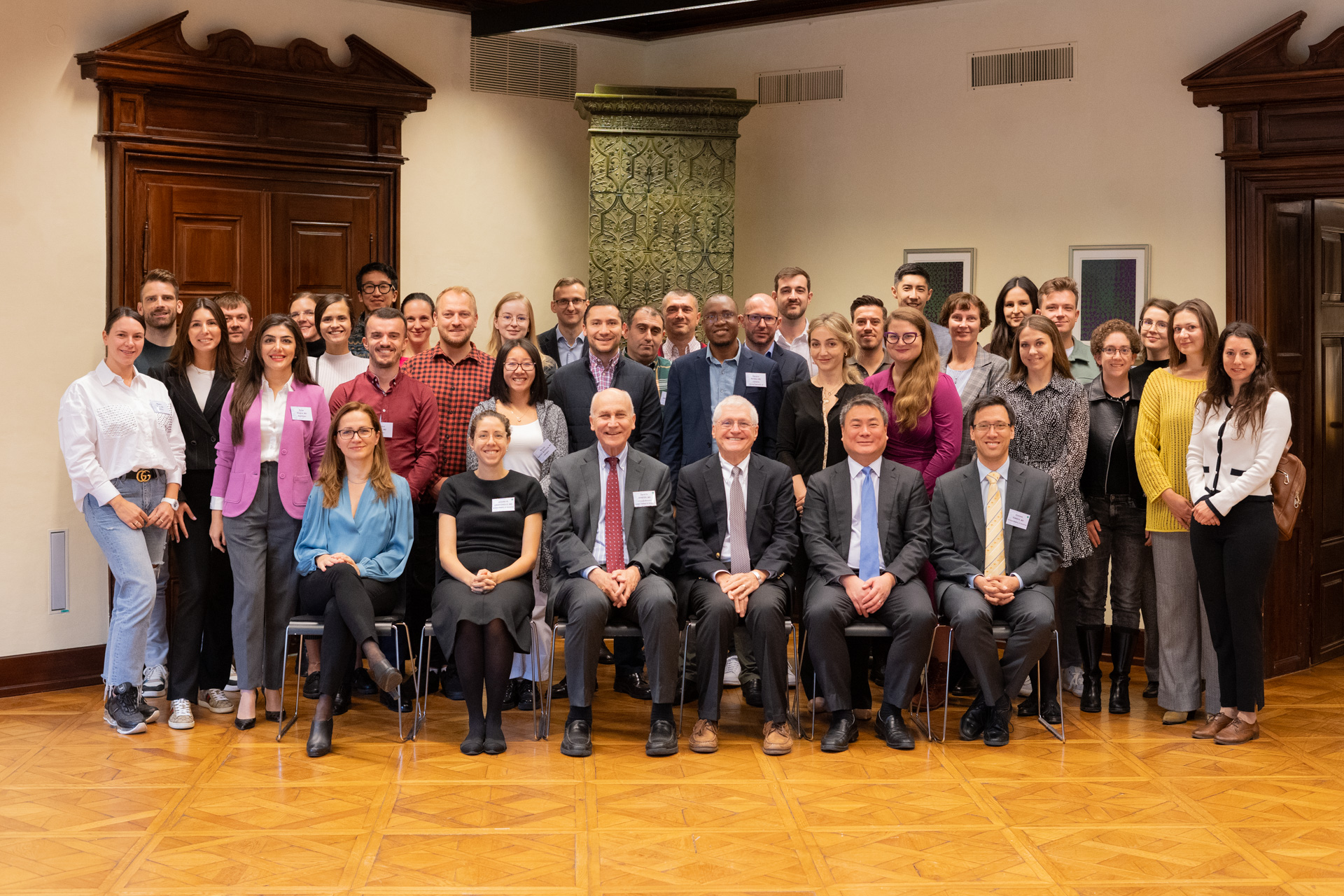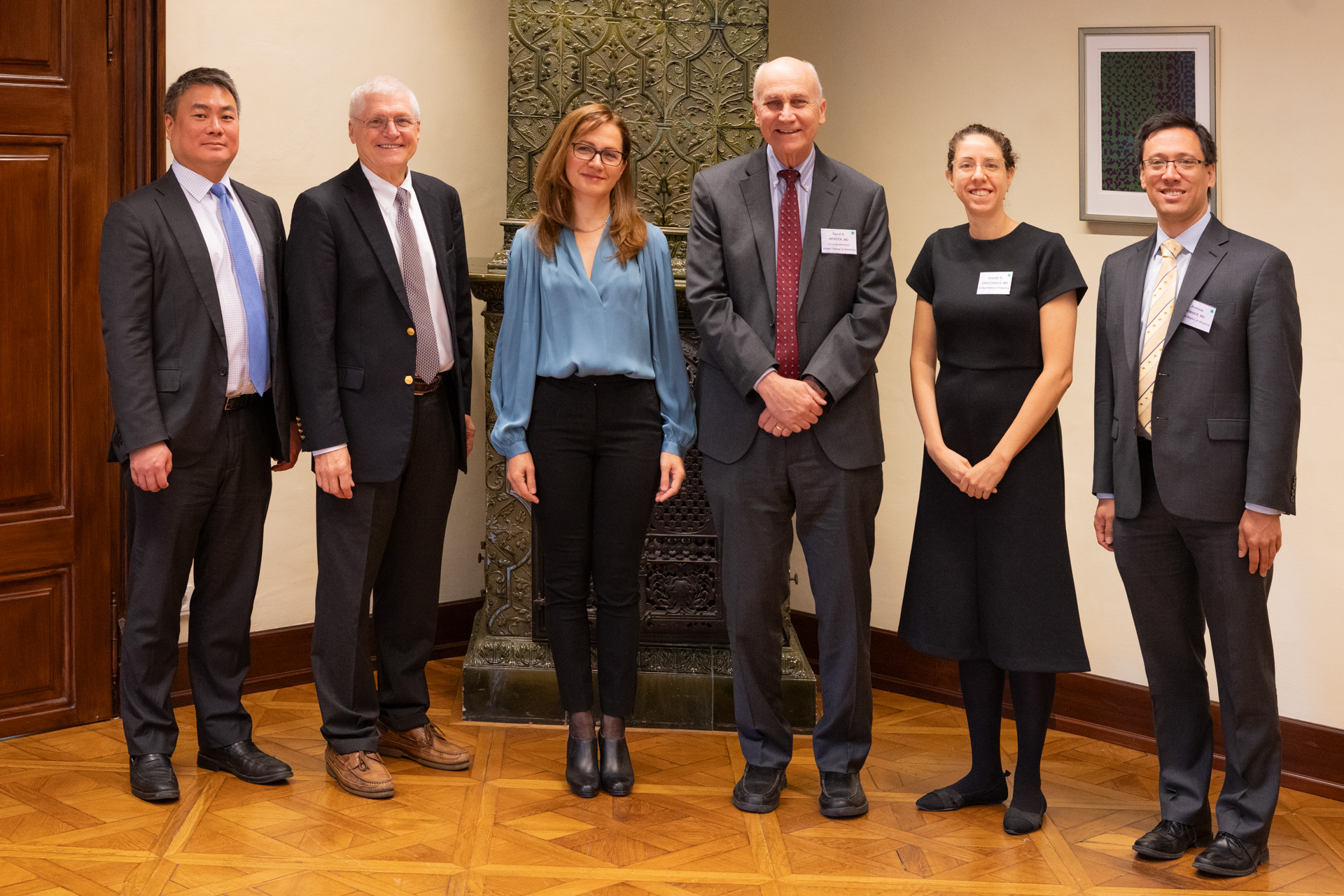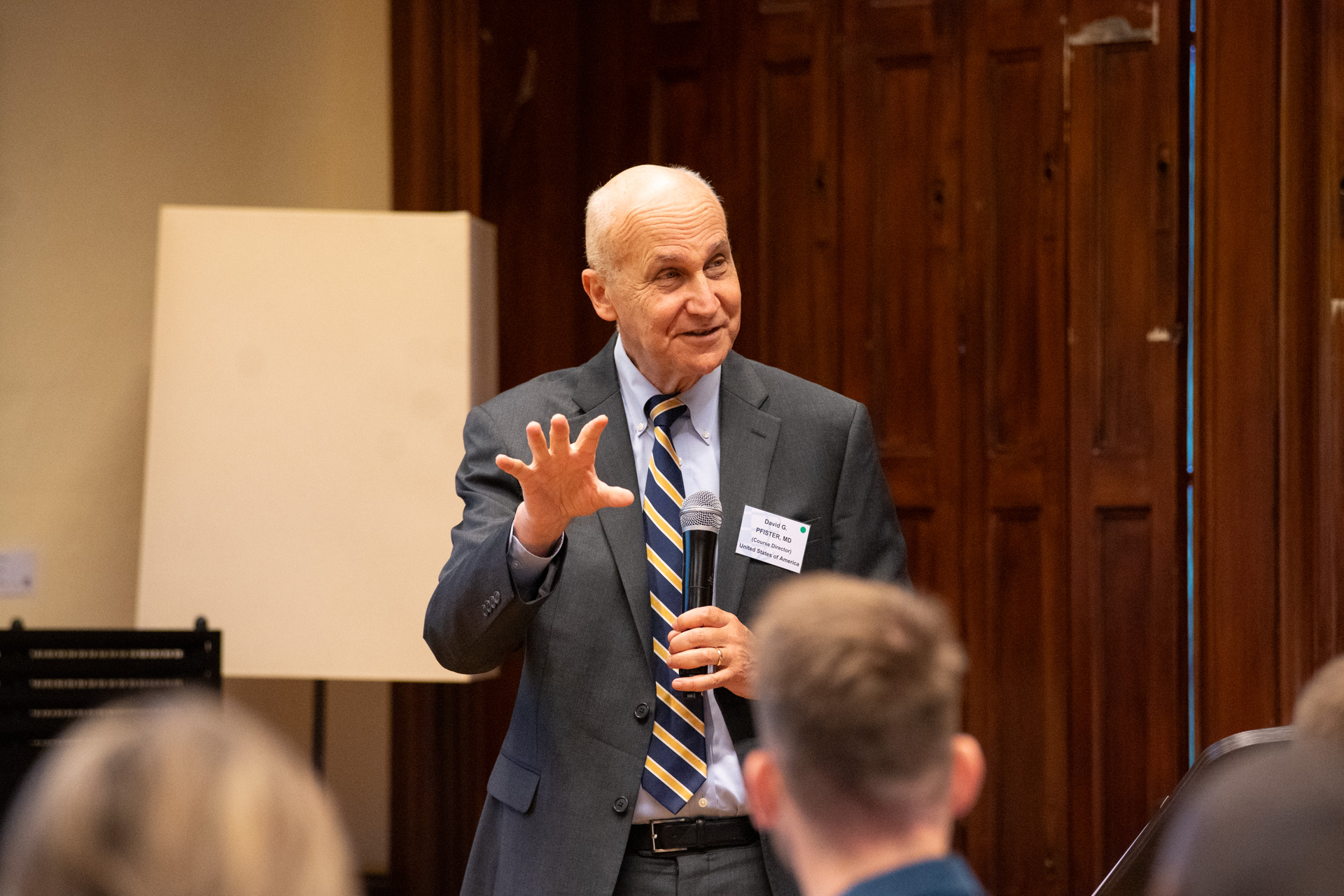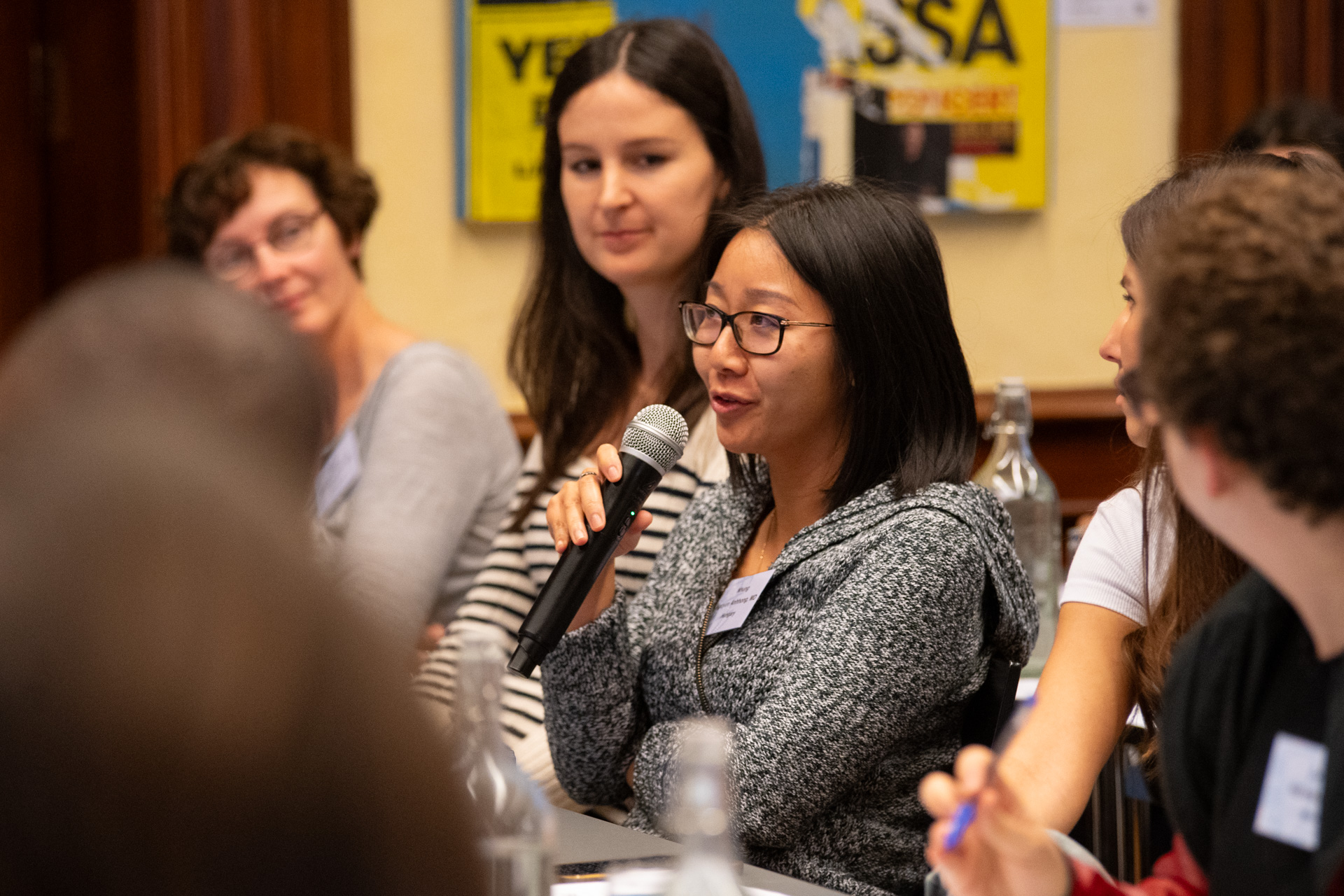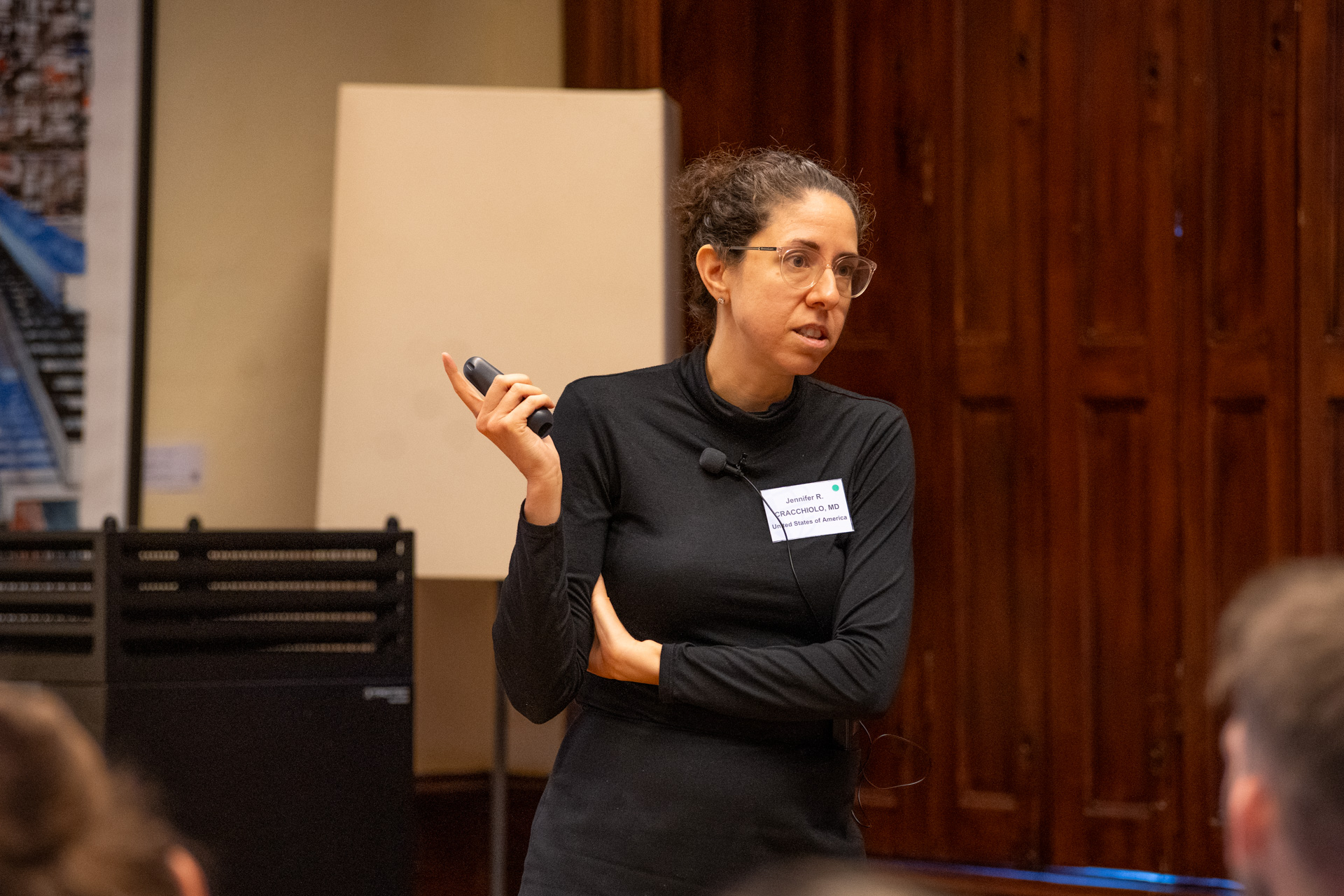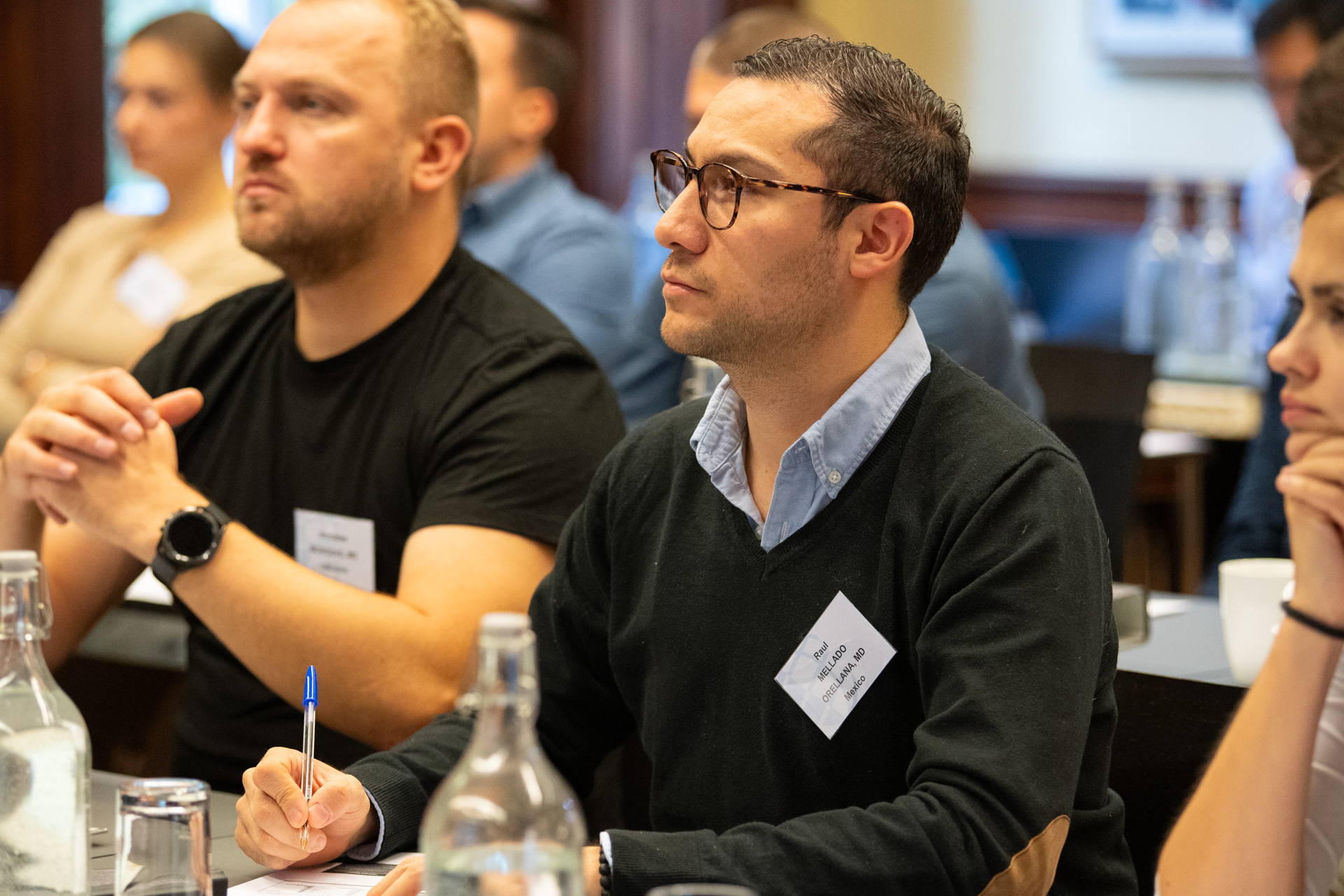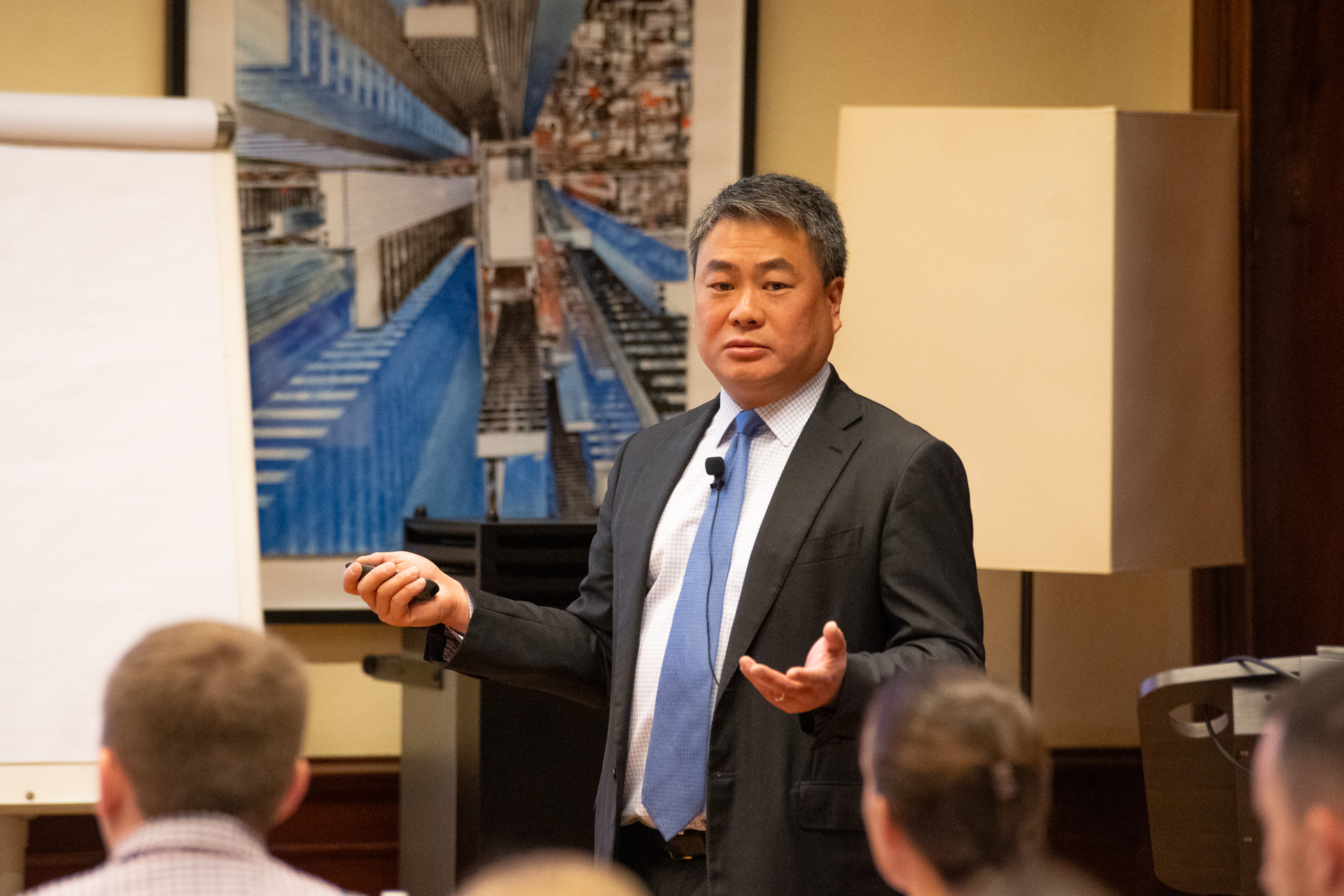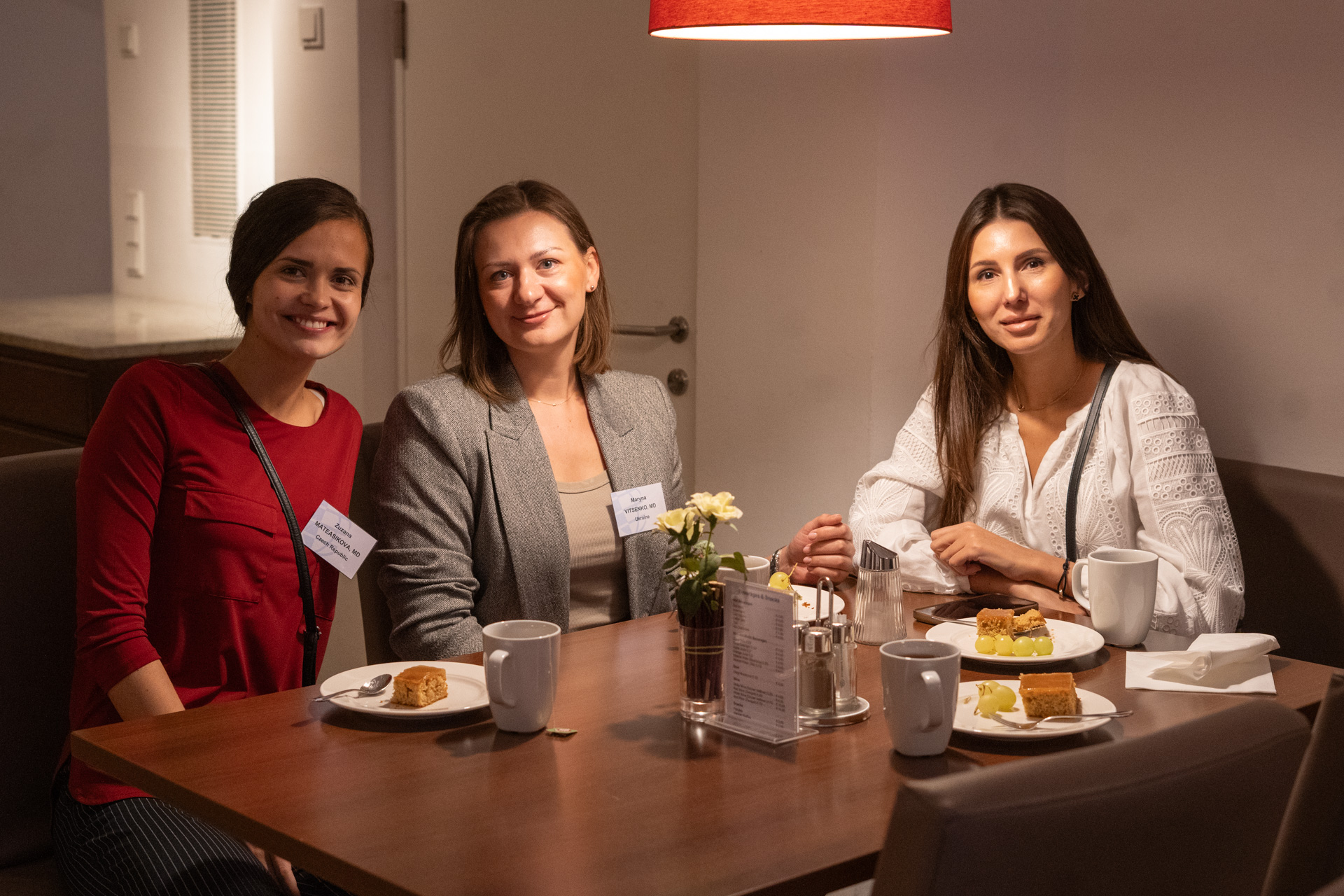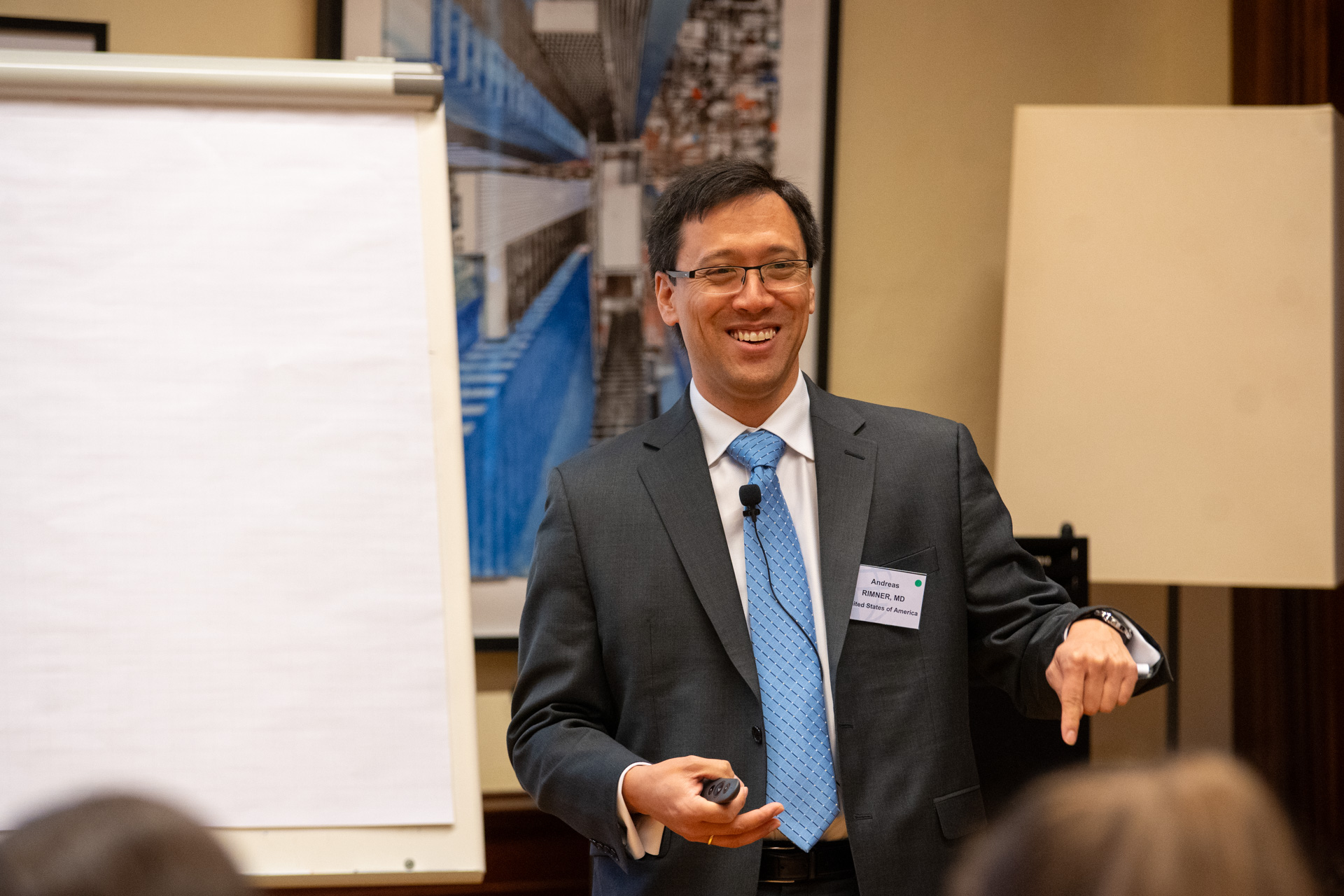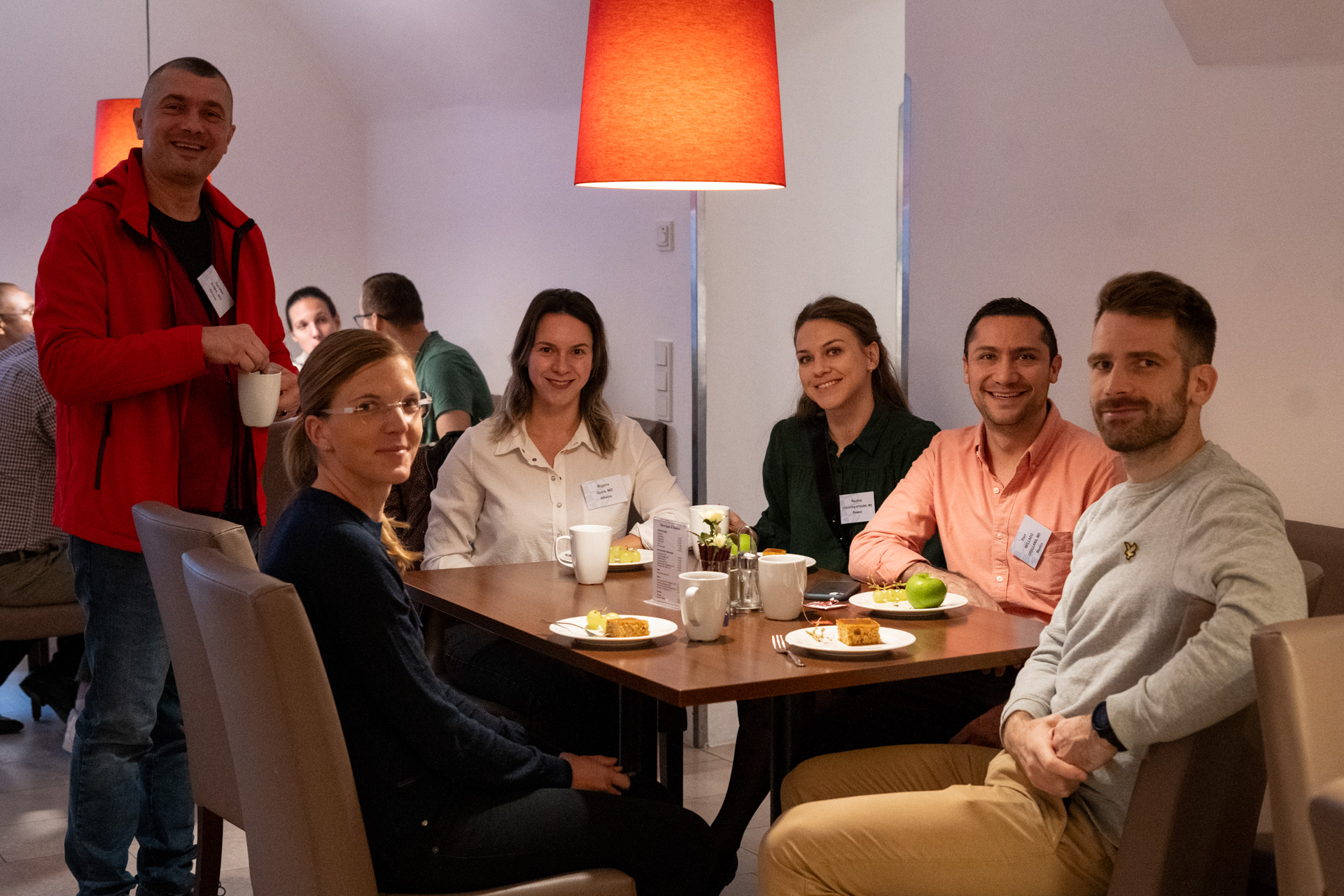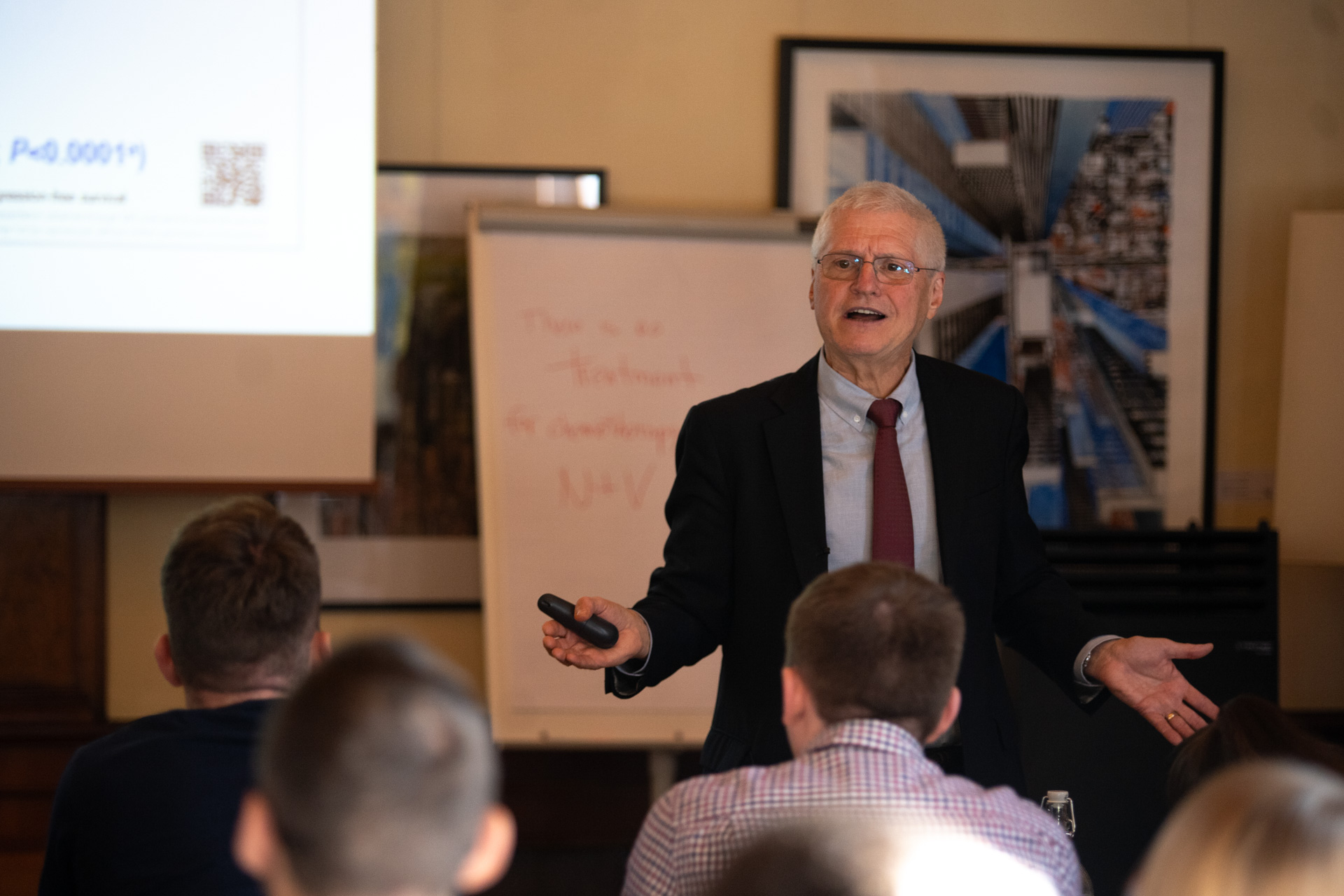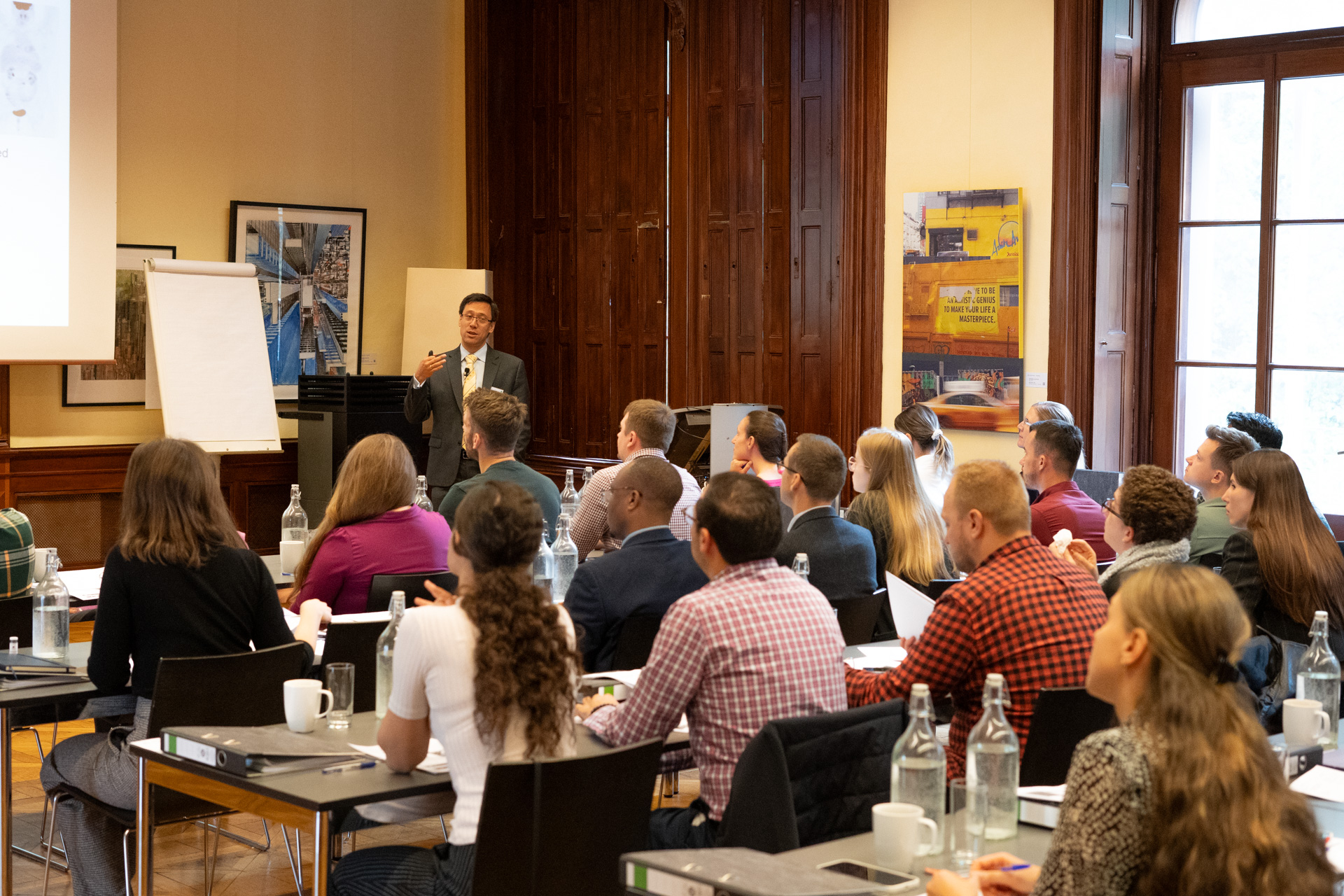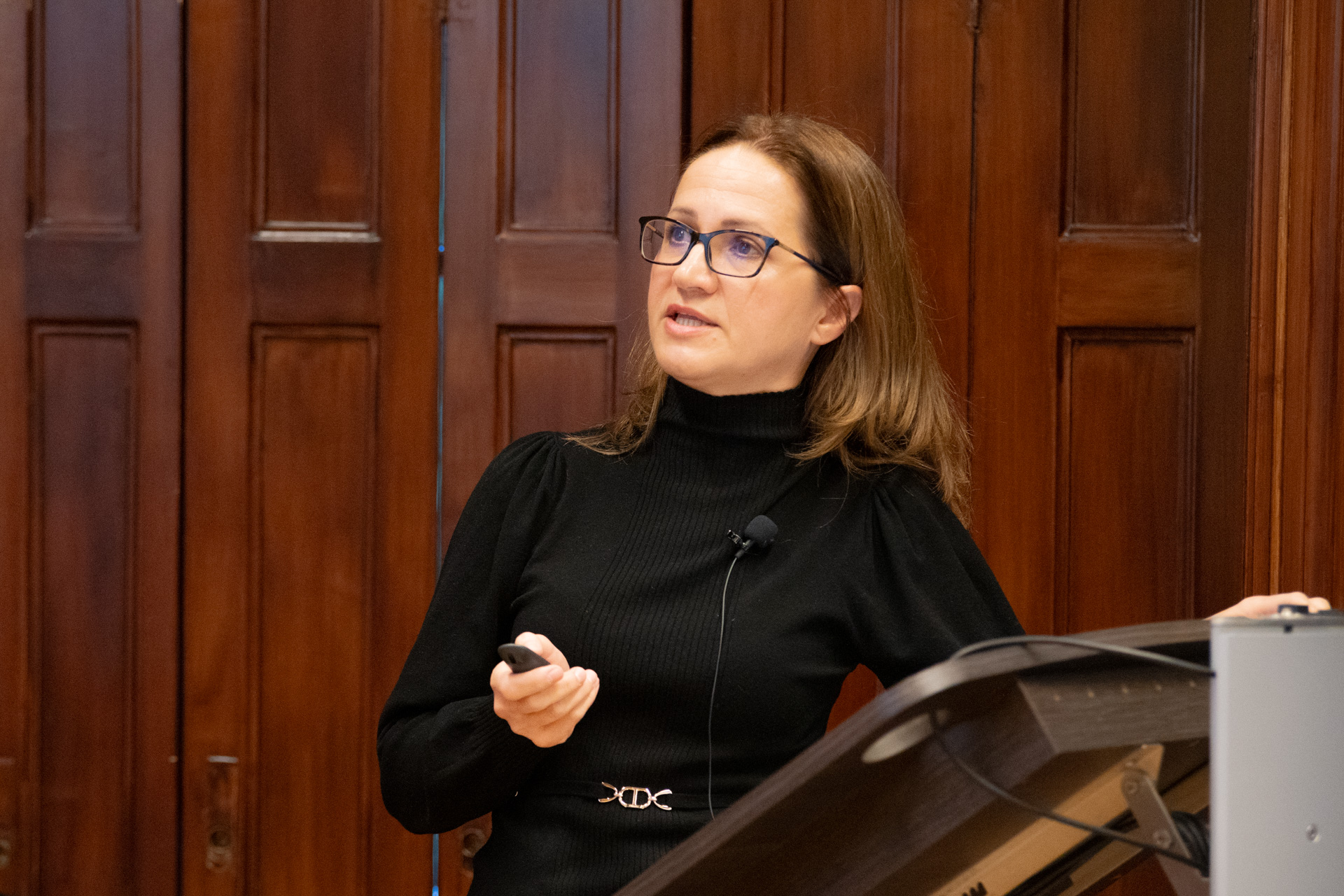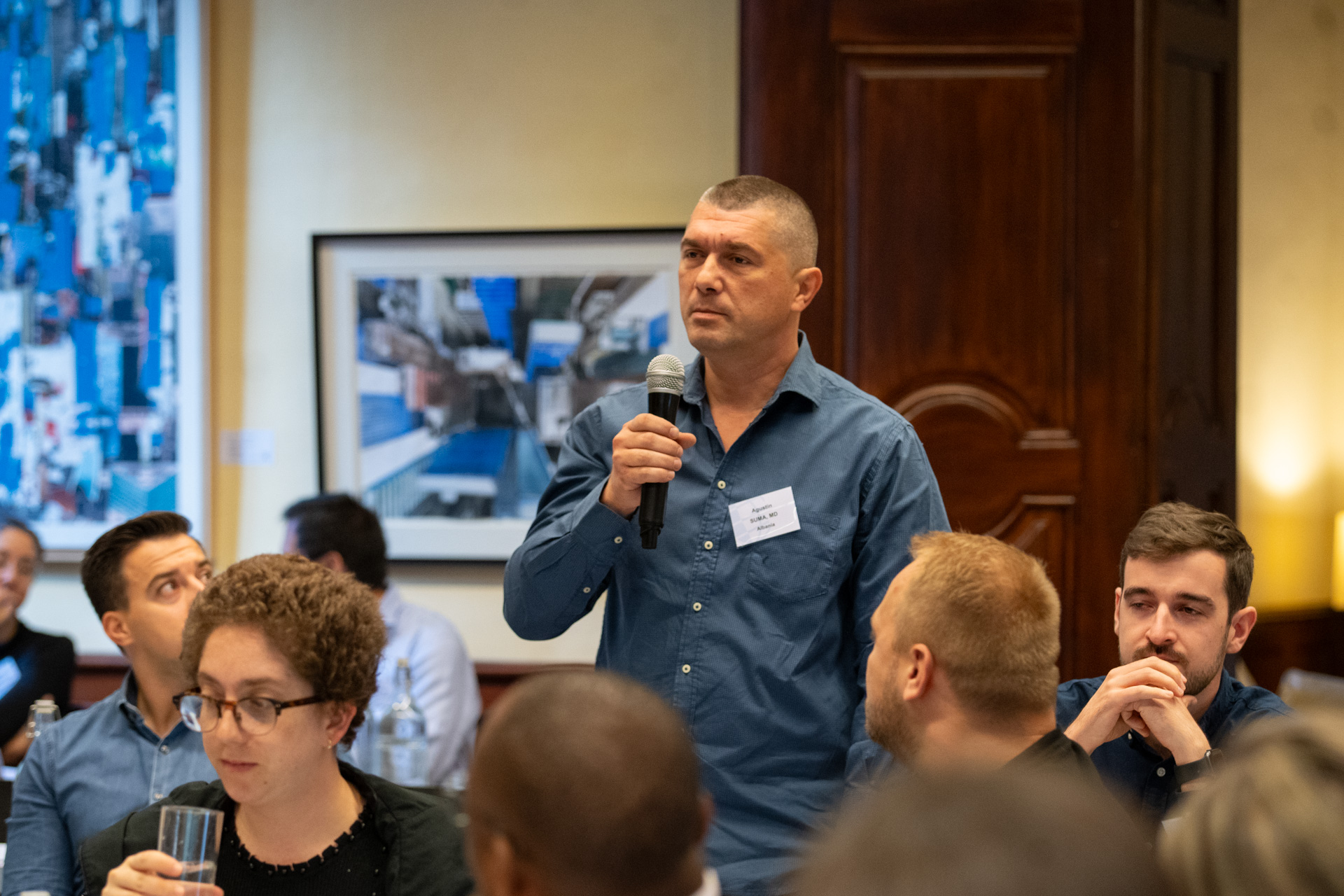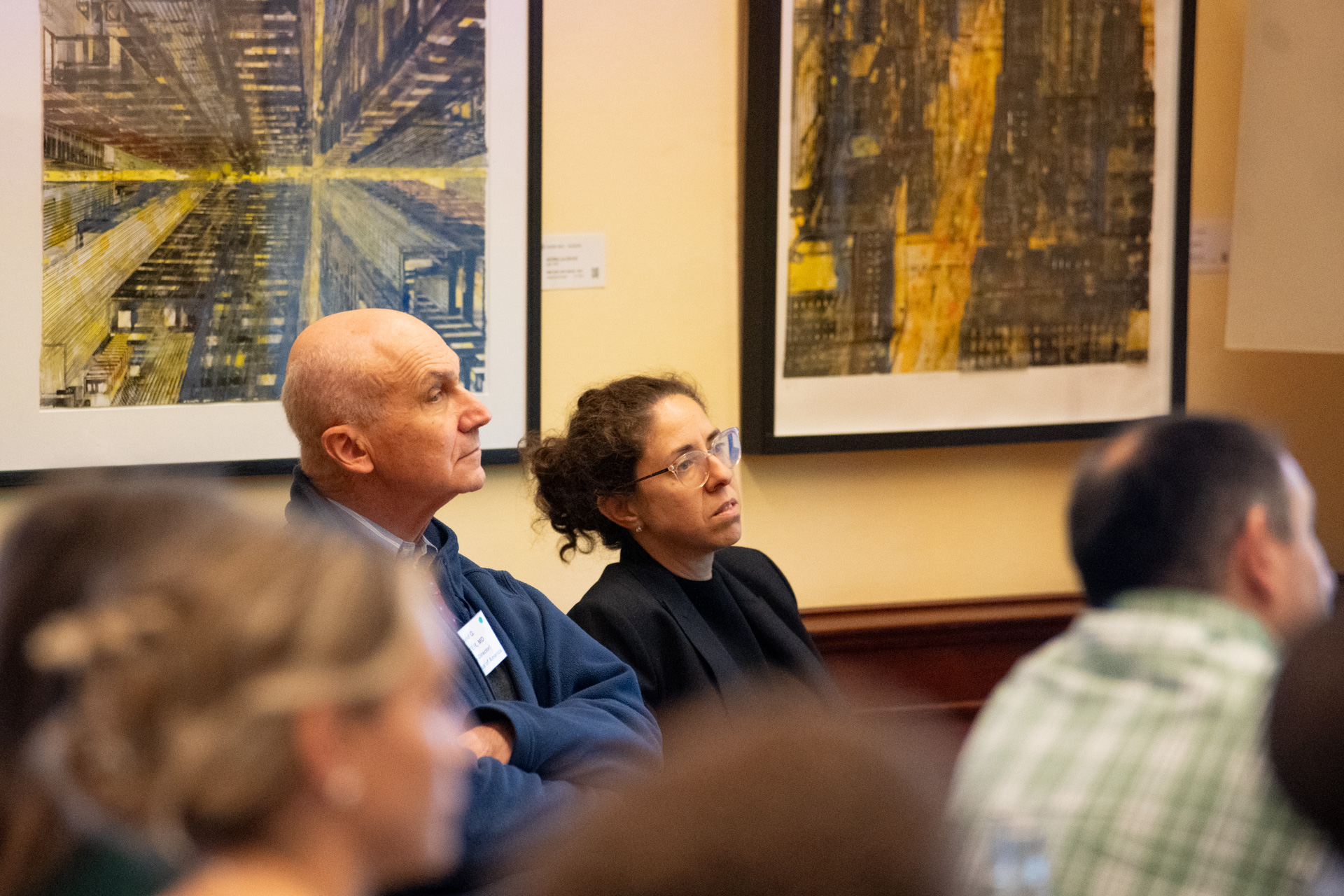Head and neck cancer is a term used to describe the diverse group of malignant tumors that can occur in the head and neck region, such as laryngeal cancer, mouth cancer, throat cancer, thyroid cancer, and more. Memorial Sloan Kettering Cancer Center is one of the leading cancer hospitals in the world and has consistently been ranked in the top two “Best Hospitals for Cancer” every year since U.S. News & World Report began rating hospitals in 1990. Their multidisciplinary team focuses on the treatment of head and neck cancer, and many of the doctors are internationally recognized in their field. MSKCC head and neck oncologists are at the forefront of advanced surgical techniques as well as the latest treatments. Their goal is to not only save lives, but to also help maintain quality of life.
Compassionate, leading-edge experts from MSKCC came to Salzburg this week for the Salzburg MSKCC Seminar in Oncology B: Thoracic, and Head and Neck Cancers, which took place from October 22 to 28, 2023 at Schloss Arenberg. Dr. David G. Pfister, Professor of Medicine at Weill Cornell Medical College, Chief of the Head and Neck Oncology Service within the Department of Medicine, Co-leader of the Head and Neck Cancer Disease Management Team, and Co-Director for the Center for Research, Prevention, and Treatment of HPV-Related Cancers at MSKCC, served as the course director for the week, simultaneously marking his 20th participation in an OMI course. Dr. Mark G. Kris, MD, Attending Physician in the Thoracic Oncology Service at Memorial Hospital, Division of Solid Tumor Oncology, Department of Medicine, Memorial Sloan Kettering Cancer Center, was the co-course director for the week.
Oncology Faculty
- David G. Pfister, MD
- Jennifer R. Cracchiolo, MD
- Snjezana Dogan, MD
- James Huang, MD
- Mark G. Kris, MD
- Andreas Rimner, MD
32 fellows from 22 countries benefited greatly by learning from thoracic, head, and neck cancer oncologists. The program brought together MSKCC experts in surgery, radiation oncology, medical oncology, and pathology who provided the best results for the illnesses they treat. The faculty demonstrated a deep understanding of the scientific principles that underlie their specialties as well as extensive experience in caring for persons with thoracic and head and neck cancers. The lectures covered both standards of care and new approaches, including neoadjuvant therapy, molecular diagnostics, and artificial intelligence. The application of these advances will become the standards they will use in practice. The case presentations made by the participants were the highlight of the week. The care delivered was tailored to each patient and reflected consensus standards, as well as the sessions demonstrated the education, deep experience, thoughtfulness, cleverness, and passion of each young physician. To a person, there was an energy to excel and ensure each patient received the best care possible regardless of geography or resources.
- 32 fellows
- 22 countries
- 2 sessions for fellows’ case presentations
Not only did fellows acquire information from faculty, but from one another as well. During the two afternoon case presentation sessions, fellows had the chance to present real cases from their workplace. This enabled fellows to see scenarios that may be unique to specific parts of the world, learn about how to approach specific cancer cases, and hear feedback and input from some of the world’s leading cancer specialists.
Without a doubt, the fellows gained a wealth of knowledge throughout the seminar week. The interaction amongst one another is not only enriching for the fellows, but for the faculty as well, as it often results in further collaboration and continued networking. The Friday evening graduation dinner and ceremony provided the group a chance to celebrate all they had learned and accomplished over the seminar, as well as to discuss and brainstorm the way in which they plan to implement the newly acquired information back in their home countries.
